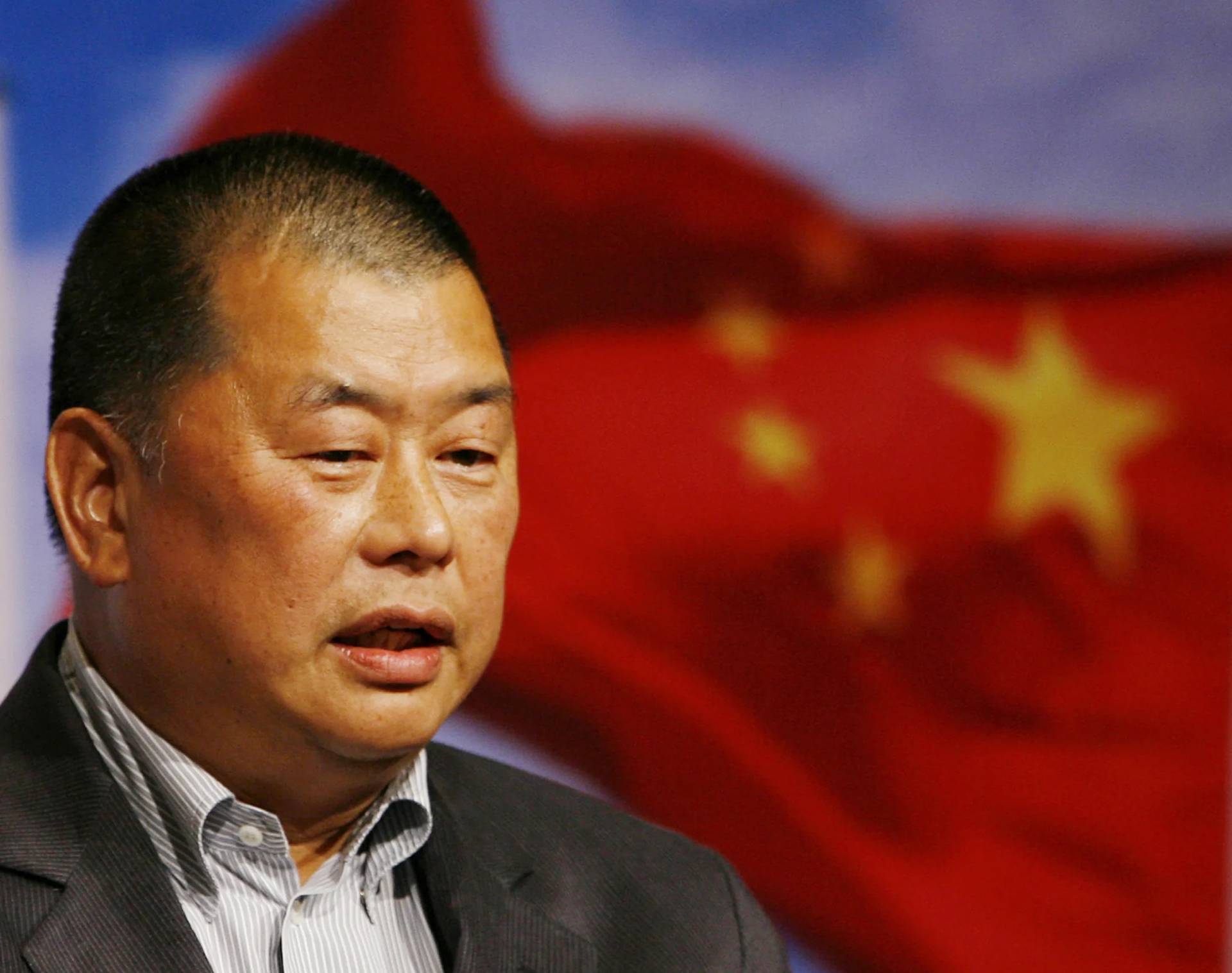MUMBAI, India – Dialogue among like-minded people from different faiths is of “limited value,” says the president of Asia’s main Catholic body.
“Friends will always get together, people of different faiths who are open-minded and ‘moderate’ will always engage. That’s not the barrier. The question is how to break down barriers,” explained Cardinal Charles Maung Bo of Yangon, the president of the Federation of Asian Bishops’ Conferences.
He was speaking Sept. 25 at the online meeting of the South-East Asia Freedom of Religion or Belief (SEAFoRB) Network.
This is the fifth meeting of the assembly of religious freedom advocates in a region facing many challenges for religious minorities.
Bo told the participants that for interfaith dialogue to make a difference, “it must be replicated at the grassroots levels, within villages, within neighborhoods, among people who live side by side day by day, not simply between religious leaders who meet from time to time for dinner or conferences in hotels and air-conditioned meeting rooms.”
Bo noted that his own country is one of this region’s most diverse nations.
“Myanmar is truly a rainbow nation, with a Buddhist, Burman majority population but a rich ethnic and religious diversity where we are still struggling with, learning about and working out the principle of ‘unity in diversity.’ My country is a wounded nation, a nation that has experienced some of the 21st centuries most egregious examples of conflict, inhumanity and suffering, and yet is trying to find its way from decades of military dictatorship into an era of democracy and pluralism, however fragile,” the cardinal said.
“It is a nation that so many times in recent years has seemed to be at the dawn of a new era – and yet the sun has not quite risen and the darkness continues to eclipse the light of peace. Yet still we seek peace in Myanmar,” he noted.
The cardinal reflected on his own personal history as a young priest working in Shan State in northern Myanmar, where he later became Bishop of Lashio.
“That region of my country is rich in diversity – diversity of problems, as well as diversity of beauty. It is culturally and naturally a beautiful region, mountainous and with different ethnic and linguistic and religious groups. It is also an epicenter of conflict between armed groups and the Myanmar military, drugs, human trafficking, sexual violence, forced labor, injustice. It was a good training ground for the work of a religious leader in the field of peacebuilding across inter-religious lines,” he explained.
“Coming from the majority Burman population, I was acutely conscious of the need to relate to my Kachin, Shan, Lisu, Wa and other brothers and sisters. And so I learned enough of their languages to be able to greet them, say some words in my homilies, express some messages of solidarity to them,” Bo continued.
The minority populations the cardinal mentioned have a much stronger Christian representation than the Burmese majority, and have often suffered discrimination from the government and army.
Recently this has been overshadowed by the Myanmar army’s campaign against the Muslim Rohingya minority in Rakhine state, which has led to hundreds of thousands of refugees fleeing to neighboring Bangladesh.
Speaking about the Rohingya, Bo said, “Whatever the historical arguments, whatever the legal determinations, what has happened to these people is a scar on the conscience of my country, and it must be put right.”
“For there to be real peace, true reconciliation, there has to be justice. The crimes committed against Muslims in Myanmar – not only in Rakhine but throughout the country – is an assault on human dignity itself and all of us, of whatever faith, must cry out for justice. For without justice, there cannot be peace,” the cardinal continued.
“At the same time, while the Rohingyas have very rightly receive worldwide attention, and I do not detract from that, there is also a need to pay attention to the plight of the predominantly Christian Kachin, Chin, Karenni, and many among the Karen, as well as our Buddhist brothers and sisters among the Rakhine, Shan and Mon, and among those who have struggle for so long in the wider democracy movement, too,” said.
Bo said when he became archbishop of Yangon, he became more involved in the field of interfaith dialogue.
“I consider dialogue to be absolutely essential to peacebuilding and conflict-resolution. However, I also believe dialogue must be based on clear values and achievable goals,” he said.
“It must translate into mutual understanding and meaningful action, such that if one individual or small group from one community is in danger, a call to a religious leader may be enough to calm the tension, quell the conflict and save lives,” the cardinal added. “I also believe that we must be clear that inter-faith dialogue and freedom of religion or belief go hand in hand, but neither must be compromised by the other.”
Bo said the pursuit of dialogue “must never sacrifice the beliefs, customs and values that we each cherish in our different religious traditions, yet at the same time, we must never hold onto them so rigidly, so nervously, that we’re unprepared to engage in respectful dialogue with the other.”
“We must see the spirituality and dignity in our fellow human being of another faith, while at the same time nourishing our own, and celebrating – not defending or pushing either. We must have the quiet confidence that comes from love of one another to not feel threatened by difference but rather to respect and celebrate it,” he said.














